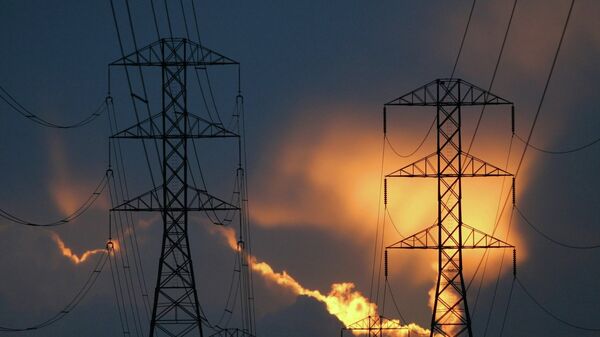Speaking to Russian media earlier this week, Oleg Budargin, general director of Russian power company Rosseti, explained that the company's Japanese counterparts were the ones to propose the idea.
"Japanese companies came to us at the St. Petersburg Economic Forum this year with a proposal: to build a Russian-Japanese energy bridge," Budargin said, speaking to reporters in Kaliningrad on Monday.
The company official recalled that the idea for this kind of large-scale project has been discussed for several decades, although in the past Russia has been the one to initiate the discussions.
Budargin said that Japanese entrepreneurs are ready to invest up to $11 billion into the project. They now face several obstacles domestically which must first be overcome. Specifically, the country's government would first have to somehow amend or eliminate a national law banning the import of electricity from other countries.
Pointing out the prospective benefits of the project, Budargin recalled that Japan has no hydrocarbon reserves of its own, and that after the disaster at the Fukushima nuclear power plant in 2011, authorities' confidence in the use of nuclear power has hit at an all-time low.
Russia, meanwhile, has all the resources necessary for the export of electricity, and would not even need to construct any new generation capacity. At the moment, over 30% of Russia's Far Eastern generation capacity consists of reserves.
Last month, Russian business magazine Expert explained that Russian-Japanese cooperation in the energy sector may not be limited to electricity. Earlier this year, lawmakers from Japan's ruling coalition proposed the construction of a gas pipeline to supply gas to Tokyo Bay via Hokkaido and Sakhalin. The Russian gas delivered by the pipeline is said to be significantly cheaper than the liquefied gas currently delivered to Japan by ship. Russian state energy firm Gazprom is conducting its own feasibility study, and officials from both sides are engaged in active negotiations regarding cost sharing, environmental issues, and technical details.





